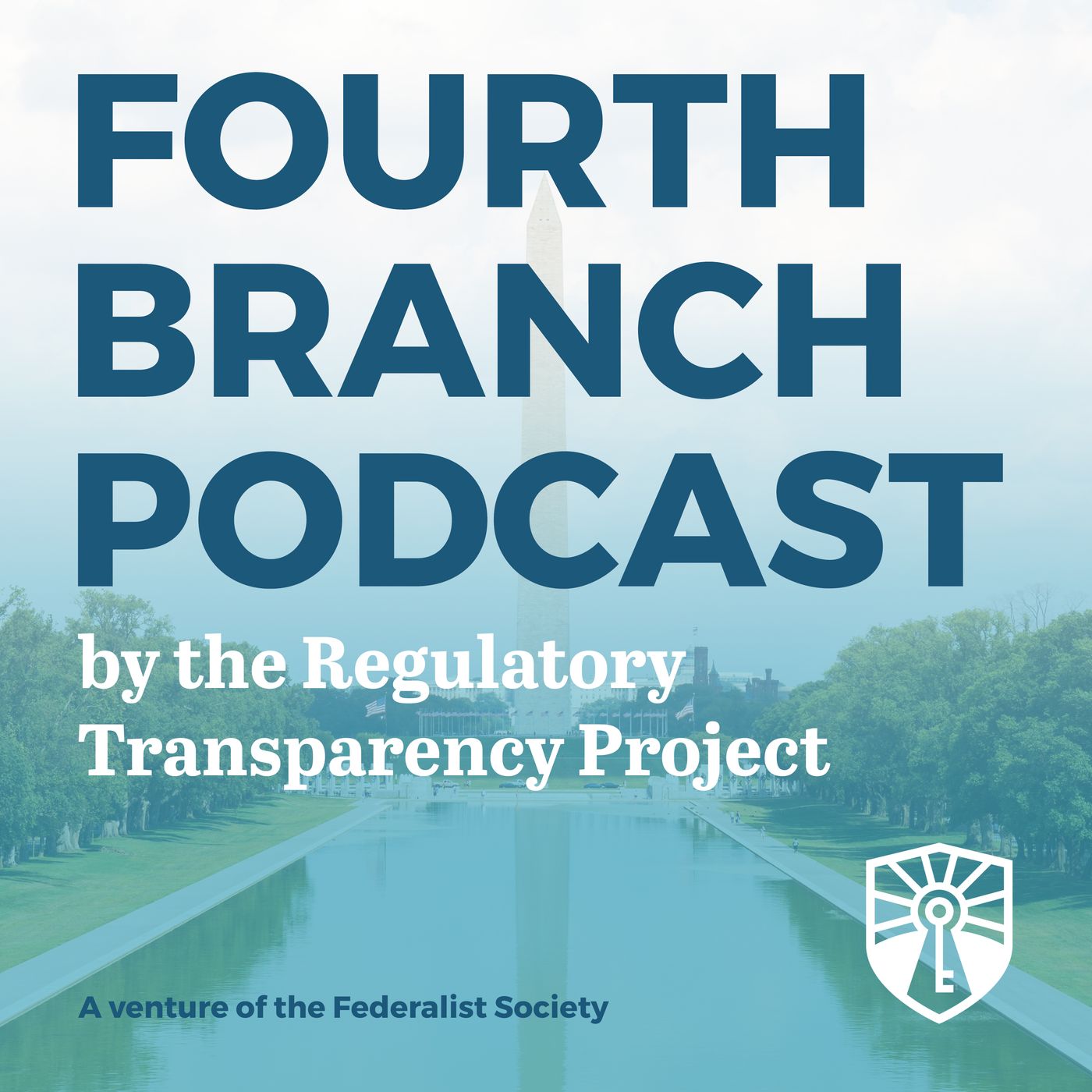Tech Roundup 21 – The CHIPS Act, Immigration, and the Innovation Economy
Description
What does it take to attract the world's most brilliant minds?
In this Tech Roundup episode, Caleb Watney and Adam Thierer explore the United States’ approach towards highly skilled immigration, its impact on innovation and economic growth, and how it might be improved going forward.
They begin by looking backwards, highlighting contributions from scientific refugees that led to remarkable advances such as the Manhattan Project. The conversation then delves into present-day legislative scenarios, including bipartisan support and barriers to immigration reform, alongside an analysis of specific policies like the CHIPS Act and the potential to expand the O-1 visa for extraordinary ability. The episode underscores immigrants' contributions to entrepreneurship and contrasts the United States' policies with those of Canada, the UK, and China's aggressive talent recruitment strategies.
Tune in for an in-depth exploration of how the United States could maintain its competitive edge in the global race for talent.
Featuring:
- Adam Thierer, Senior Fellow, Technology & Innovation, R Street Institute
- Caleb Watney, Co-Founder and Co-CEO, Institute for Progress
Additional Resources:
- STEM Immigration Is Critical to American National Security
Visit our website – www.RegProject.org – to learn more, view all of our content, and connect with us on social media.
*******
As always, the Federalist Society takes no position on particular legal or public policy issues; all expressions of opinion are those of the speaker.
More Episodes
Antitrust efforts have become prevalent in the courts and legislative bodies, both in the United States and abroad. A recent example is the U.S. Department of Justice's case against Google for alleged anticompetitive behavior in its search business. Though cybersecurity and national security...
Published 11/13/24
Published 11/13/24
J. Kennerly Davis presents an overview of electric industry regulation. Davis discusses how regulation has changed in a fundamental way over the last 140 years, and what that change has meant for electric customers large and small.
Published 11/05/24


